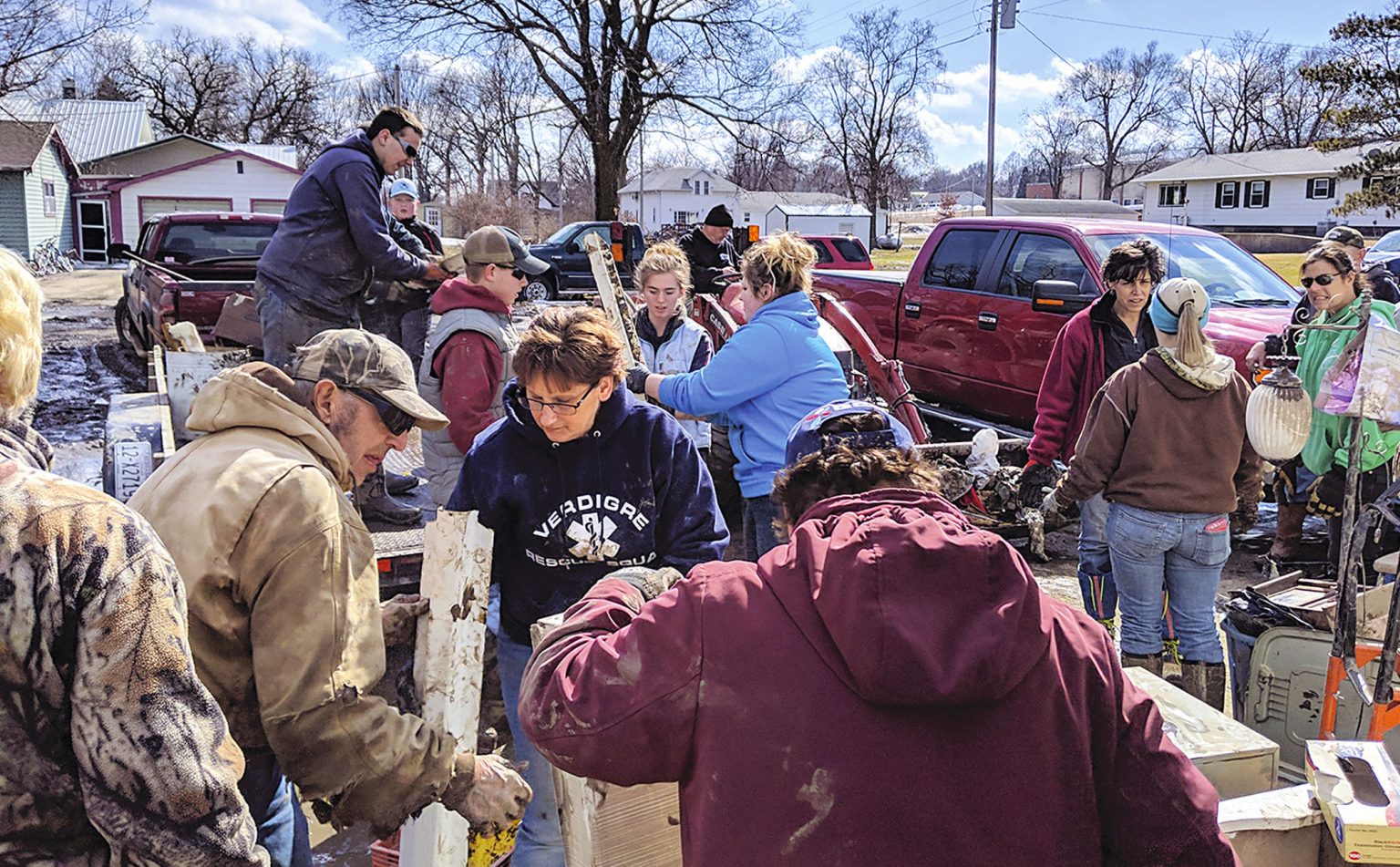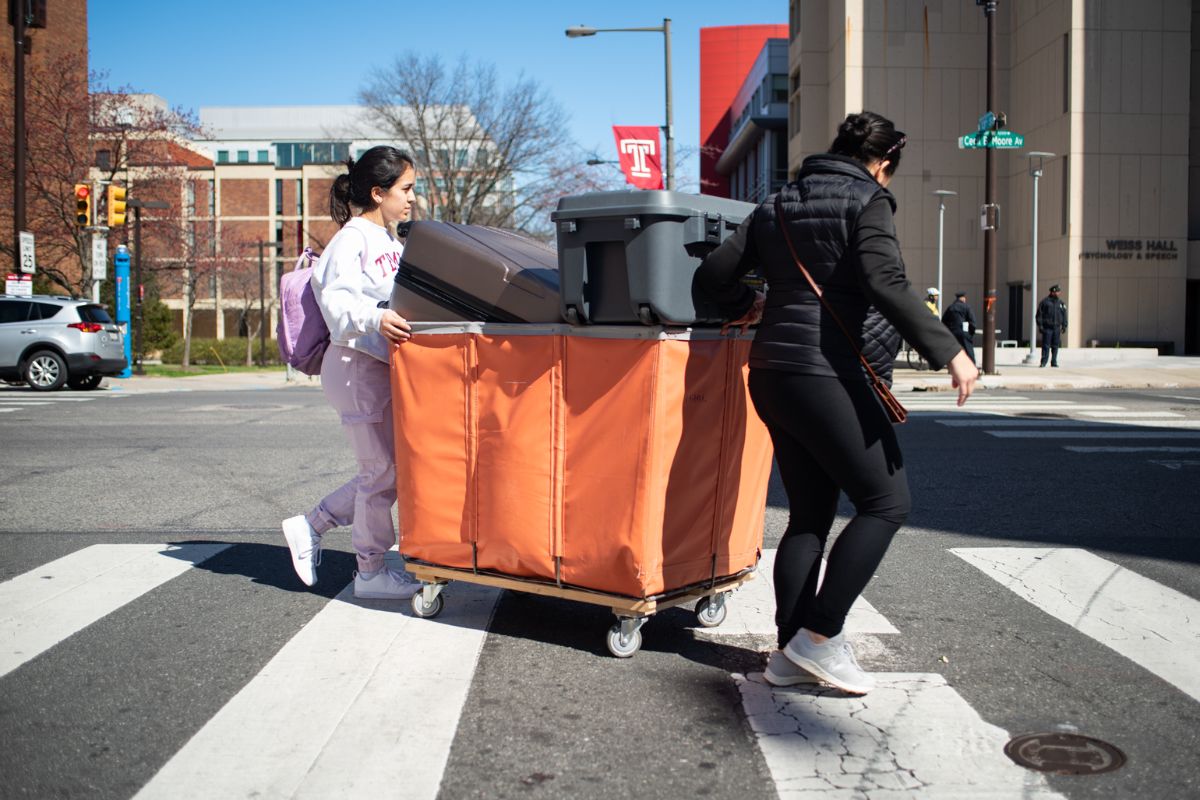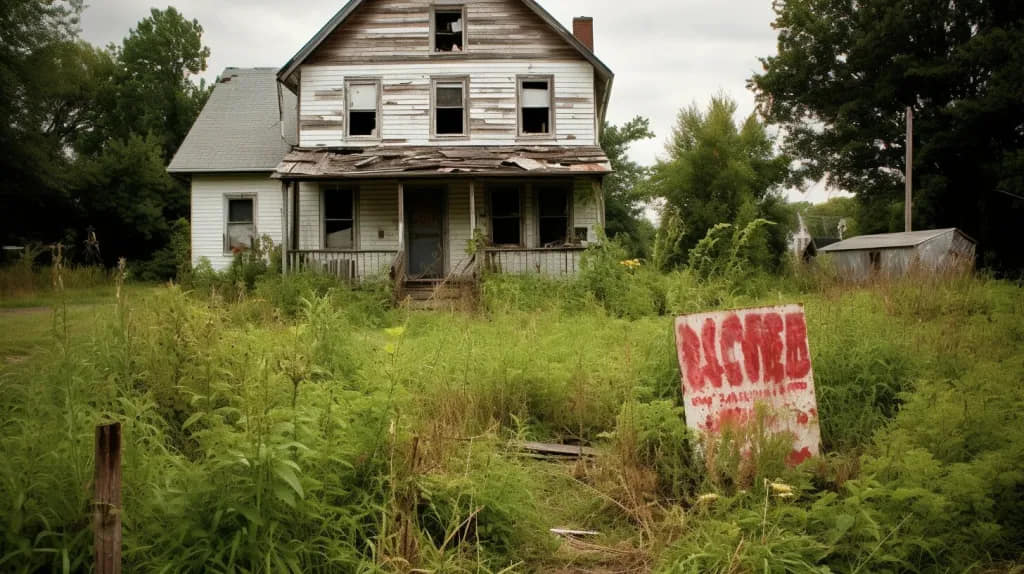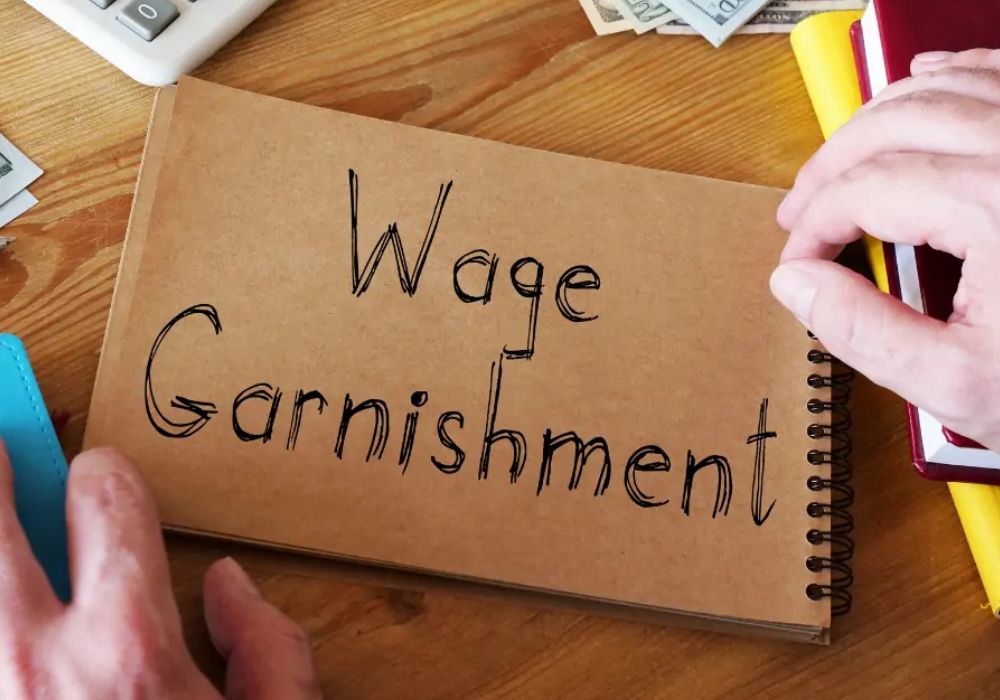Natural disasters can be devastating, wreaking havoc on homes and communities. In the aftermath, tenants often find themselves grappling with uncertainty about their living arrangements and financial obligations. However, understanding your rights as a tenant of a cheap apartment is crucial during such challenging times. This article aims to provide comprehensive guidance on navigating rent payments during a natural disaster, empowering you to make informed decisions and protect your interests.
Tenants are still responsible for rent unless the lease is officially terminated. Requesting rent reduction or termination in writing is recommended if the unit is severely damaged. Tenants should read their rental contract carefully for any terms related to repairs, termination, alternative housing, etc. in the event of damage from a natural disaster.
Tenant Right
Tenant rights extend beyond mere occupancy; they encompass the fundamental aspects of safety, security, and equitable treatment, particularly in times of crisis. In the wake of a natural disaster, tenants must be vigilant about asserting their rights to ensure their well-being and fair treatment.
Firstly, proactive communication with landlords is paramount. Tenants should promptly report any damages to the property and ensure that landlords are aware of unsafe conditions. This not only facilitates swift repairs but also establishes a documented record of the situation, which can be crucial for legal or insurance purposes later on.
Moreover, tenants must thoroughly understand the provisions of their lease agreements. While some leases may include clauses for rent abatement or lease termination in case of disasters, others might not. Tenants need to be aware of their rights regarding rent adjustments, lease extensions, or even early termination without penalty in extreme cases where the property becomes uninhabitable.

Furthermore, tenants should review their renters' insurance policies carefully. Standard policies may not cover certain types of damage common in natural disasters, such as floods or earthquakes. Supplemental coverage tailored to the specific risks in the area can provide additional protection for tenants' belongings.
Lastly, safeguarding essential documents is crucial. In emergencies, having easy access to lease agreements, insurance policies, and any related correspondence can expedite processes like filing insurance claims or resolving disputes with landlords.
By staying informed, communicating effectively, and advocating for their rights, tenants can navigate the challenges of post-disaster recovery with greater resilience and confidence. Ultimately, tenant rights serve as a critical foundation for ensuring that all individuals have a safe and stable place to call home, even in the face of nature's most formidable challenges.
Responsibilities During a Natural Disaster

In times of natural disasters, tenants play a crucial role in safeguarding their rights under the lease agreement. Their obligations extend beyond mere occupancy; they involve active communication, cooperation, and understanding of their responsibilities amidst the chaos of a disaster.
Tenant obligations amidst a natural disaster:
- Communication with the landlord: Tenants must prioritize communication with their landlords to ensure swift action and resolution. This includes reporting any damage to the rental property as soon as it's safe to do so. Clear and timely communication about repair needs, accessibility of the unit, and potential safety or health concerns is essential. Establishing a dialogue early on sets the groundwork for effective collaboration throughout the recovery process.
- Timely reporting and documentation: Providing detailed reports of damages and concerns to the landlord is crucial for initiating repairs promptly. Documenting the extent of damage through photographs or videos helps create an accurate record of the situation. This documentation serves as evidence for insurance claims and ensures transparency in the resolution process.
- Cooperation with repair efforts: Tenants should actively cooperate with repair efforts to facilitate the restoration of the rental property. This may involve providing access to the unit for inspections and repairs, minimizing disruptions to the repair process, and following any instructions provided by contractors or property managers. By cooperating with repair efforts, tenants contribute to the efficient restoration of the property and help mitigate further damage.
Understanding rent obligations:

- Factors influencing rent payments: Tenants need to understand the factors that influence rent payments during and after a disaster. The extent of damage, the timeline for repairs, and the habitability of the unit are critical considerations. If the rental unit becomes uninhabitable due to the disaster, tenants may request rent abatement or reduction until repairs are completed and the unit is deemed livable again.
- Proper termination of the lease: In situations where the rental unit is rendered uninhabitable for an extended period, tenants may need to formally terminate their lease agreement. Even if repairs are underway, tenants must provide proper notice to stop rent payments and terminate the lease to avoid further obligations. Terminating the lease formally releases tenants from any further rent obligations, while rent abatement may only provide temporary relief until the property is restored to a habitable condition.
- Different considerations for homeowners: Tenants who own manufactured or mobile homes on rented land may have different responsibilities compared to those renting apartments or houses. While homeowners are typically responsible for repairs to their homes, landlords or property owners are responsible for repairing the land or grounds. Understanding these distinctions helps tenants navigate their obligations more effectively during and after a natural disaster.
Tenants have important obligations to fulfill amidst a natural disaster to protect their rights under the lease agreement. Proper communication, reporting, and cooperation with repair efforts are vital for ensuring a swift and equitable resolution. By understanding their rent obligations and the factors influencing rent payments, tenants can navigate the challenges of post-disaster recovery with clarity and confidence, ultimately safeguarding their rights as tenants.
Related: Who To Call When Your Landlord Won't Fix Things?
Legal Protections and Resources:
%20%7D%7D)
Legal safeguards play a vital role in protecting tenants affected by natural disasters, ensuring their rights are upheld, and providing avenues for recourse in case of disputes or unlawful actions by landlords:
- Protection against illegal eviction: Tenants facing the aftermath of a natural disaster are vulnerable to exploitation or unlawful eviction attempts by unscrupulous landlords. Legal safeguards prevent landlords from forcibly evicting tenants or removing their possessions without following proper legal procedures. These procedures typically involve court-mandated eviction proceedings, providing tenants with an opportunity to defend their rights and interests.
- Legal guidance and dispute resolution: Seeking legal assistance from agencies, non-profits, or private attorneys can help tenants navigate complex legal issues related to their lease terms, rent obligations, repair timelines, or other disputes with landlords. Legal guidance ensures that tenant rights are properly understood and protected, empowering tenants to assert their rights effectively and resolve disputes fairly and equitably.
- Accessing resources for assistance: Government aid programs such as those offered by FEMA and the SBA provide crucial assistance to tenants affected by natural disasters. These programs may offer relief for temporary housing, repair costs, or other expenses incurred due to the disaster, helping tenants to rebuild their lives and regain stability.
- Support from non-profit organizations: Non-profit organizations like the Red Cross and Salvation Army, as well as local social services agencies, play a critical role in providing emergency assistance to tenants in need. From emergency shelter and food aid to financial assistance and access to essential supplies, these organizations help tenants meet their immediate needs and focus on the process of recovery.
- Additionally, community resources such as churches, volunteer centers, and housing advocacy groups offer valuable support in locating short-term housing options, accessing affordable rentals, and navigating the broader aid systems available to tenants.
In times of crisis, these legal protections and support resources are essential for helping tenants address immediate needs while also understanding their rights and options for restoring stability in the challenging period following natural disasters. By ensuring that tenants are aware of their rights and have access to necessary support services, these legal safeguards and resources play a crucial role in helping tenants recover and rebuild their lives after a natural disaster.
Conclusion
Facing a natural disaster can be a daunting experience, but by understanding your rights and responsibilities as a tenant, you can navigate the challenges with confidence. Stay informed, stay connected, and don't hesitate to seek assistance when needed. Together, we can overcome adversity and emerge stronger on the other side.





